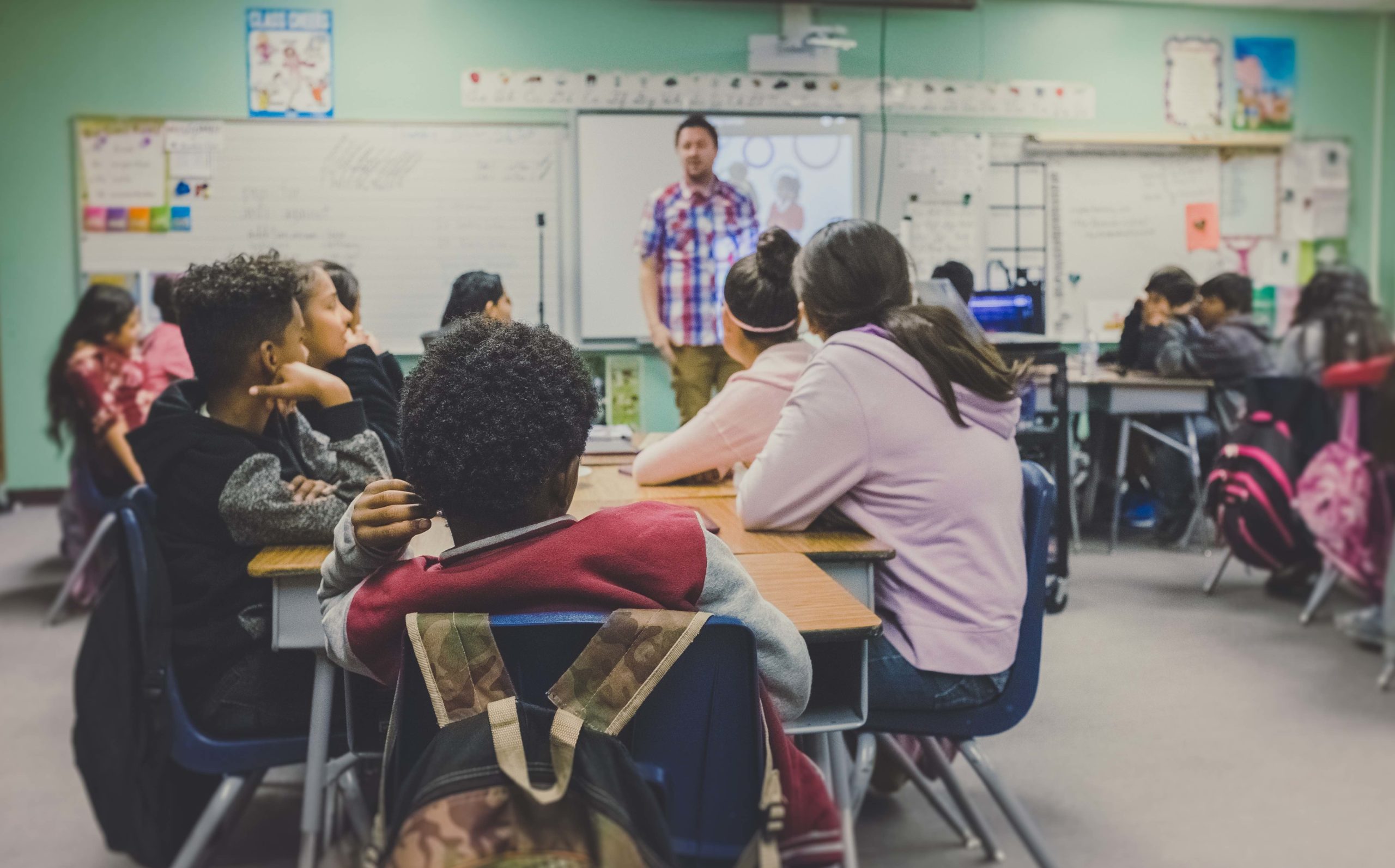By Keith Williams
The last few months have been hard for all of us—but especially for our kids. It’s rough when your childhood gets upended by quarantine, social restrictions, recession, and nonstop fear.
Teachers: in the fall, all this chaos will be distilled and concentrated in your classroom. Whether your school is open or fully online, your pupils will be counting on you for stability, confidence, and calm.
Every educator will have a different approach to helping students handle this crisis—depending on personality. But as you can see when you read the emails from your district and your union rep, your options will be strictly limited.
It doesn’t seem fair that all these decisions—whether schools will reopen and what kinds of restrictions will be implemented—are being made over teachers’ heads. The presidents of America’s two national teachers’ unions, the NEA and AFT, have both insisted that schools remain closed while simultaneously demanding more state and federal funding. And even districts that might stay open will basically require you to teach with both hands tied behind your back.
They say this is the only way to keep kids safe. But as we know, children are extremely unlikely to transmit the virus. Shouldn’t this be a risk assessment made by parents and teachers, not political lobbyists and bureaucrats?
For parents who can’t work from home, school closures will be a crushing blow. Many will turn to daycare facilities, many of which remain open. Obviously, there is no difference between schools and daycares in terms of disease prevention; if anything, schools will have tighter protocols.
But daycares could end up as the de facto alternative to closed schools, especially for full-time workers with young children. In fact, presidential candidate Joe Biden has proposed offering daycares part of a $775 billion aid package—the largest industry bailout in American history.
Can we just agree that these are contradictions? That the one-size-fits-all approach to school reopenings makes no sense?
The real solution to making schools safe places of learning and growth? Trust teachers. Instead of telling teachers what to do, why not ask them what to do? They’re the ones in the classroom—not union reps or politicians.
And conversely, teachers need to step up and make their voices heard. Course materials and exams matter, but conveying information is not our most important job as teachers. Ensuring that students become healthy, honorable human beings is a much bigger deal—so we can’t drop the ball this Fall.
